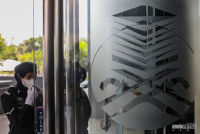WHATEVER one may think, the practice of astrology and its various other forms or derivations – such as Feng Shui, Vastu Shastra, and the burgeoning popularity of Tarot card reading among millennials – is a cornerstone in Malaysian socio-cultural life.
These centuries-old esoteric practices are inextricably tied to local symbols, folklore, mythology, and religions. While the skeptics among us may dismiss them as hogwash, these rituals and practices cut across politics, architecture, and norms of daily life.
Many consult fortunetellers before selecting an auspicious date for an important event, including when to get married, suitability of prospective partners, when to start a business, hold a funeral, and even the appropriate time to have a baby.
For practitioners, Feng Shui is not merely a concept but a way of life that has become popular around the world. It originated in China and is based on the idea of 'chi'. The goal of Feng Shui is to create balance within your surroundings.
Dr YM Cheng, formerly a university academic – he graduated with a PhD in sociology from La Trobe University, Australia and served as head of English at City University Malaysia – is a pioneering voice in the world of Feng Shui, who has studied under numerous Feng Shui Masters and his clientele ranges from employers, business owners, property developers to private citizens seeking a consultation.
In an exclusive interview with The Vibes, he breaks down the art and practice of Feng Shui and offers key advice to follow this year.
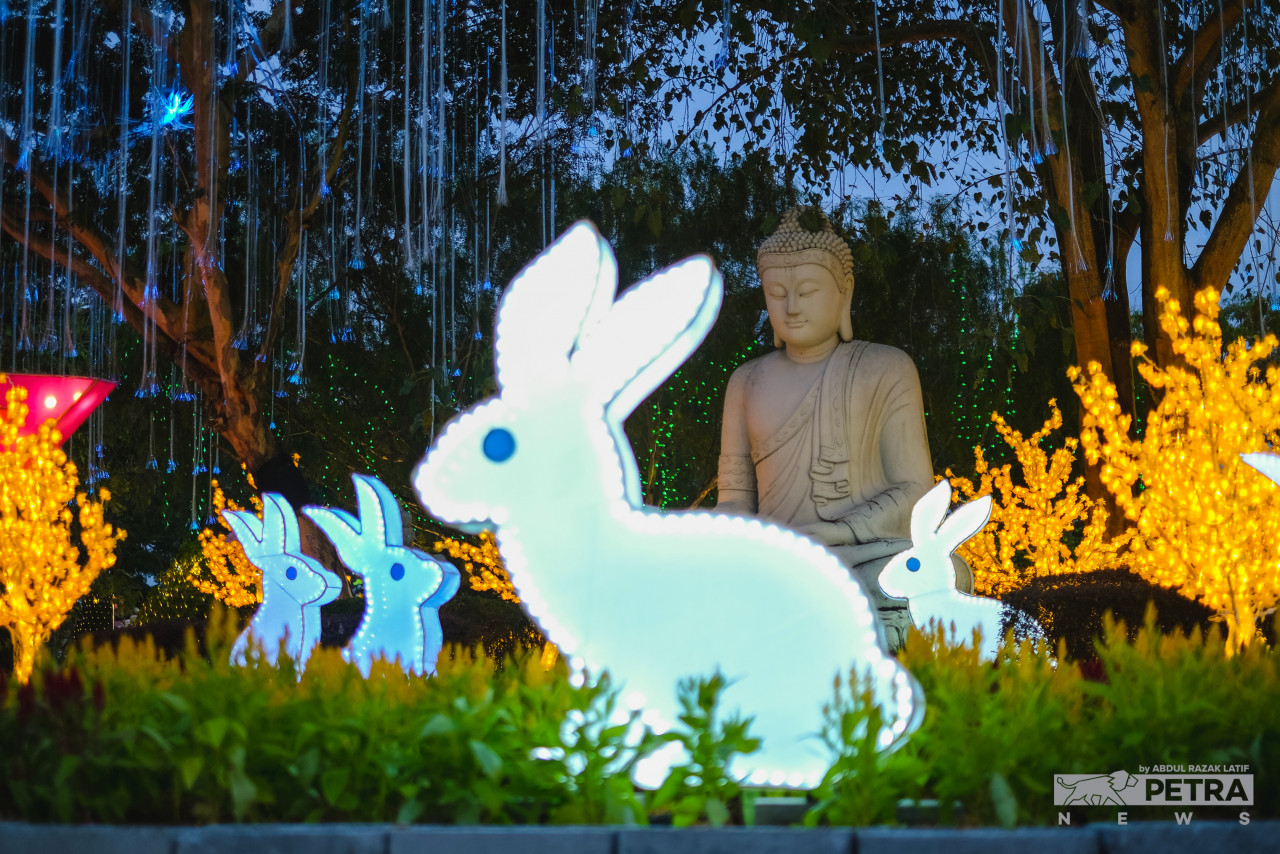
The Vibes (TV): What is special about the Year of the Rabbit?
YM Cheng (YMC): There are three perspectives to the question. From one perspective there is nothing special about the Year of the Rabbit in that the rabbit is just one of the twelve animals within the zodiac cycle.
From another perspective, it is special in that each animal within the zodiac has distinctive characteristics from each other. As such, people born in the Year of the Rabbit are more likely to gentle, reserved, not prone to arguments and be highly productive as opposed to those born in the Year of the Dragon who are more likely to be active, boisterous, less likely to back down in an argument, but they can very productive as well.
Further refinements may be added to distinguish what kind of rabbit a person may have traits of. There’s the Metal Rabbit, Water Rabbit, Wood Rabbit, Earth Rabbit, and Fire Rabbit. By identifying the five elements, further characteristics may be defined.
2023 is the year of the Water Rabbit. Rabbit is of the wood element and 'water produces wood.' Consequently, one could say in general that industries associated with wood (for example teaching, publications, medicine & pharmaceuticals, furniture) will do well in 2023, followed by water-related industries (beverages, pubs, cafés, soft drinks, seafood, fisheries, sales, paints, cleaning services, and so on).
TV: What is Feng Shui? Is it the same as Chinese astrology? What role do they play during the Lunar New Year?
YMC: Feng Shui has to do with aligning one’s property to the auspicious qi (or energy) so that one may derive maximum benefit by choosing the best location and direction. Feng Shui considers four factors: environment, building, people, and time.
The two most popular forms of Chinese astrology are Bazi and Zi Wei Dou Shu (Purple Star Astrology). They both may provide answers to the questions posed by the individual who wishes to know about their wealth, career, relationships, and health.
To answer those questions, Bazi uses the interplay of the five elements of Chinese Metaphysics, while Zi Wei Dou Shou employs either 108 Stars (The 3 Harmony School) or 18 Stars and 4 Enhancers (18 Flying Stars School).
In short, Feng Shui primarily deals more with the effects of the environment and property on people, while Chinese Astrology is more concerned with understanding the past, present and future prospects of an individual.
Feng Shui is important for all times of the year, not just during the Lunar New Year.
__is_a_repeating_cycle_of_12_years__and_each_year_is_represented_by_a_different_animal_Courtesy_Readers_Digest.jpg)
TV: There are many different schools of thought or styles of Feng Shui. Can you describe your style and how yours is different from others?
YMC: There are too many different schools of Feng Shui to mention them here. Suffice to say, each has their own lineage and traditional ways of conducting Feng Shui audits.
It must be said that there is no one superior school of Feng Shui that is indisputable. It is akin to asking if there is one form of martial art that is superior to all others. Surely it all depends on the skill of the martial artist.
The same can be said of the different schools of Feng Shui. It is the skill and accuracy of the practitioner that counts in any Feng Shui audit and not the Feng Shui school or tradition to whom the practitioner belongs.
Most Feng Shui practitioners are well-versed in a few different schools of thought because it allows the practitioner to use the most appropriate method from the different schools to apply to the situation at hand.
For example, I may use form analysis for the external environment and Xuan Kong Flying Stars for assessing the inside of a house. I may even use internal form analysis for setting up a home office. In short, using what is most effective and relevant for each different situation is the best approach.
TV: How is Feng Shui customised according to each person? What are some considerations that you take into account before offering an assessment?
YMC: We usually get the birth particulars (year, month, day, and time) of all the occupants of the property to maximise the best Feng Shui effects for everyone involved.
It is important to locate the best direction and directional sector for the main door, find an auspicious sector for the bedroom and good facing direction for the bed, and allocate the best structural arrangement between the stove, wash basin, and the fridge in the kitchen. Of course, the location of the home office, if there is one, and the directional placement of the work desk are significant in any Feng Shui audit as well.
TV: 'Tai Sui' has been a commonly used term in astrology. Can you explain the term and how it affects different people, especially those born in the year of the rabbit?
YMC: Daoists (Taoists) view 'Tai Sui' as the presiding deity of a particular year hence there are different deities for different years. Some Feng Shui practitioners refer to Tai Sui as the 'Grand Duke.' Others may refer to Tai Sui as Jupiter (chief of the Roman Pantheon of Gods).
The seat of Tai Sui always coincides with the direction of the zodiac animal of the year. For example, in 2023 Tai Sui is seated in the East (82.6°- 97.5°) which is the same direction of the Rabbit (Mao) on the luopan (Chinese Feng Shui compass).
The logic is somewhat like this: a human being cannot and should not share the same spatial dimension as a divine entity (Tai Sui). If that happens, then obstacles in one’s career path or relationships or other inauspicious events can be expected to occur over the year. Many Daoists and Buddhists go to their respective temples to carry out appeasement rituals to Tai Sui to placate his wrath.
TV: There are many beliefs during the Lunar New Year such as not wearing certain colours or cleaning the house during the first day of the New Year. Are these beliefs rooted or supported by Feng Shui/ or Chinese astrology?
YMC: Wearing or not wearing certain colour clothes is definitely not supported by Classical Feng Shui. It seems more a product of modern-day Feng Shui practices. It is undeniable that colours have psychological effects on people, but it is debatable whether it has Feng Shui effects.
Cleaning or sweeping the house on the first day of the New Year is definitely a taboo in the Chinese cultural tradition. It is thought that auspicious qi or good luck might be lost through the act of sweeping and cleaning. It is highly suspicious that this can be true as if to say that any auspicious qi swept away cannot be replaced by any more incoming auspicious qi.
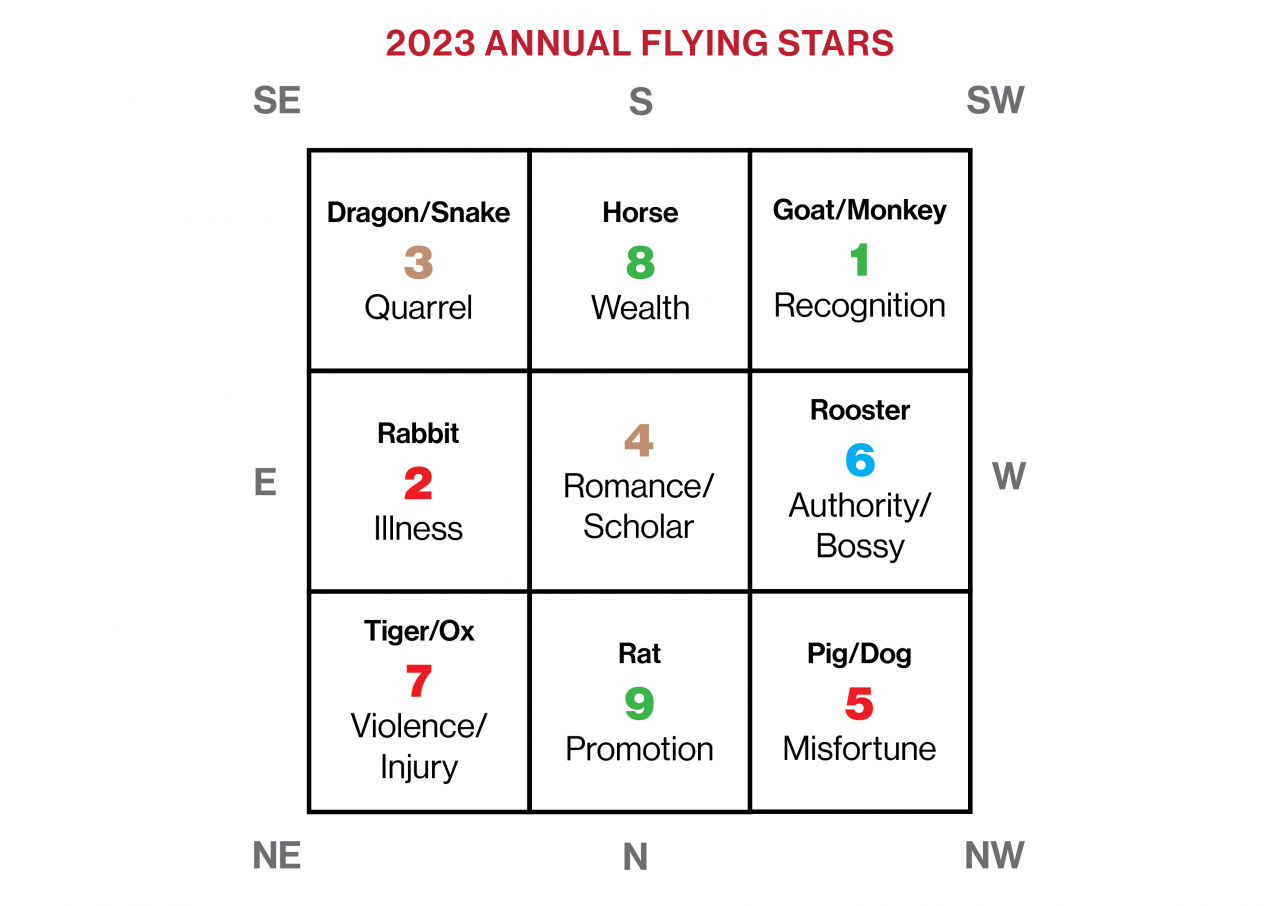
TV: What are some auspicious practices or things to do according to Feng Shui this Lunar New Year?
YMC: Based on the chart for the year 2023, segmented according to the direction of a compass, the positive attributes within a given space are located in the south (wealth), southwest (recognition) and north (promotion). Therefore, it is ideal to make these a place for work, meetings, or social activities.
Within the east (illness) and northwest (misfortune) sectors, total inactivity is the best solution. Place a metal object such as a vase, statue, pendulum clock, or cabinet. Metal is employed because both Star 2 in the east and Star 5 in northwest are of the earth element.
We know that 'earth produces metal' therefore placing metal in these areas will exhaust or reduce the negative Earth effects. Do not sit facing east (esp. E2: 82.6°- 97.5°) and tighten security if there is a door or window found along the northeast (violence/injury) sector.
It is prudent to also place a red light or daylight lamp in the southeast (quarrel) sector. Similarly, the light or lamp which represents fire is used 'exhaust' the wood element of Star 3 in the Southeast sector because 'wood produces fire'. – The Vibes, January 22, 2023



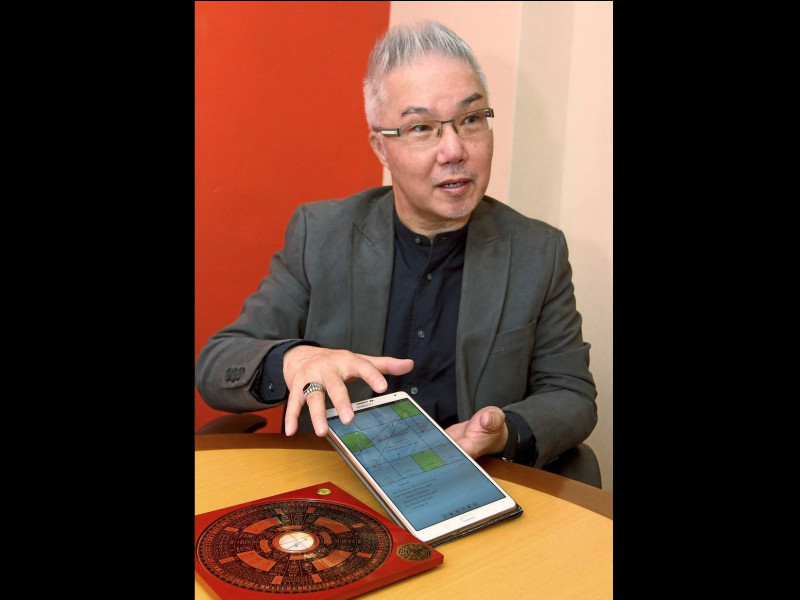

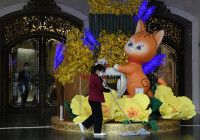
.jpg)







